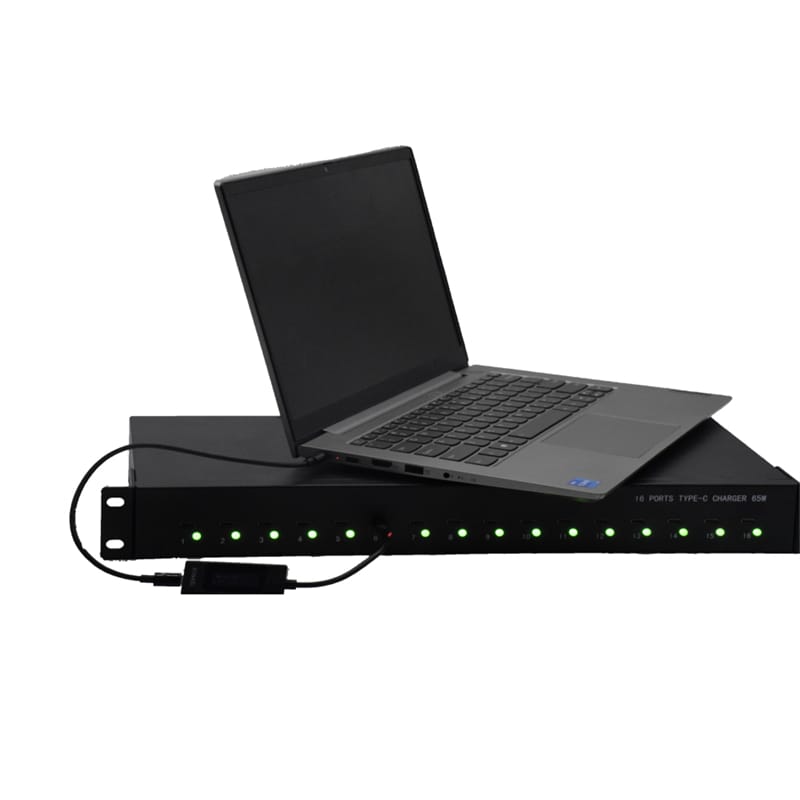The European Union has taken a significant step towards unifying charging standards across its member states by officially adopting USB-C as the mandatory charging port for a variety of electronic devices. This landmark regulation, which will come into effect in 2024, marks a crucial development in the EU’s efforts to reduce electronic waste, enhance consumer convenience, and streamline the technology market.
The decision to implement USB-C as the standard charging port is rooted in a broader initiative to tackle the growing problem of electronic waste in Europe. According to estimates, millions of tons of e-waste are generated each year, much of which results from discarded chargers and cables that are incompatible with different devices. By establishing a common charging standard, the EU aims to minimize the number of chargers that consumers need to purchase, thereby reducing the overall environmental impact.
The legislation applies to a wide range of electronic devices, including smartphones, tablets, e-readers, digital cameras, headphones, and laptops. This comprehensive approach ensures that consumers will benefit from a more streamlined charging experience, as they will no longer need to carry multiple chargers for different devices. The move is expected to enhance consumer rights by providing greater flexibility and convenience, allowing users to charge their devices with a single charger.
The adoption of USB-C as the standard charging port has been welcomed by various stakeholders, including consumer advocacy groups and environmental organizations. These groups have long argued that the proliferation of different charging standards has led to unnecessary waste and confusion among consumers. By standardizing the charging interface, the EU is taking a proactive stance in addressing these concerns.
In addition to the environmental benefits, the regulation is anticipated to foster innovation within the tech industry. Manufacturers will now have a clear guideline to follow, which could lead to more efficient product design and development. With a unified charging standard, companies can focus on enhancing the functionality and performance of their devices rather than investing resources in developing proprietary charging solutions.
The transition to USB-C is not without its challenges. Some manufacturers have expressed concerns about the potential costs associated with retooling production lines to accommodate the new standard. However, the EU has emphasized that the long-term benefits of reducing electronic waste and improving consumer convenience will outweigh the initial investment required for compliance.
Moreover, the regulation has raised questions about the future of proprietary charging technologies. Companies that have relied on unique charging interfaces, such as Apple with its Lightning connector, may need to adapt to this new landscape. While some manufacturers have already begun to incorporate USB-C into their products, the full transition will likely take time as companies adjust their strategies to align with the new legislation.
The EU’s decision to mandate USB-C as the standard charging port is part of a broader trend towards sustainability and consumer protection within the technology sector. Governments and regulatory bodies worldwide are increasingly recognizing the importance of addressing electronic waste and promoting environmentally friendly practices. The EU’s initiative may serve as a model for other regions considering similar regulations, potentially leading to a more unified global approach to charging standards.
As the 2024 deadline approaches, consumers can expect to see a gradual shift in the market as manufacturers begin to phase out incompatible chargers and adopt USB-C across their product lines. This transition is likely to be accompanied by increased consumer awareness about the benefits of standardized charging solutions and the importance of sustainable practices in the tech industry.
In conclusion, the European Union’s adoption of USB-C as the standard charging port represents a significant milestone in the ongoing efforts to reduce electronic waste and enhance consumer convenience. By implementing this regulation, the EU is not only addressing pressing environmental concerns but also paving the way for a more efficient and user-friendly technology landscape. As the world moves towards greater sustainability, the EU’s initiative may inspire similar actions in other regions, ultimately contributing to a more cohesive global approach to electronic device charging.


